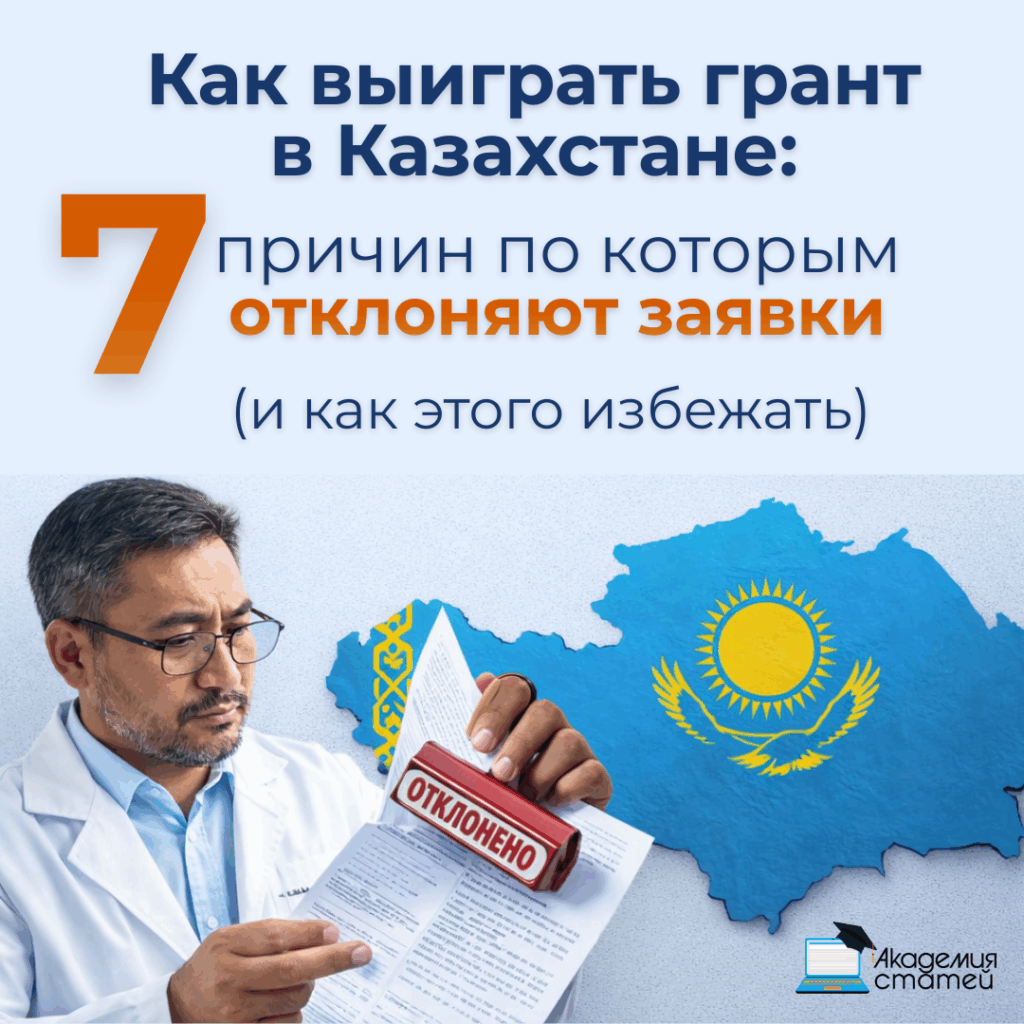
In scientific work, an important aspect of a scientist's development is their research interest in the field they are working in. Often, the problems they study are formalized into a scientific paper (article) and subsequently published. A scientific article is a logically presented justification of a problem using the scientific method of study. It can be both theoretical and practical, utilizing empirical research.
What platforms to publish on?
When considering platforms and scientific databases for reporting research, it's important to note that scientists have a wide range of options, from national journals to international platforms. However, this article focuses on two platforms:
- Scopus is one of the two largest abstract databases (the second is Web of Science), which indexes more than 24 thousand international journals from various fields of knowledge.
- VAK is the Higher Attestation Commission, created in the USSR, but today it is present in some countries (Belarus, Armenia, Azerbaijan).
Scopus Article Features
Scopus is a relatively new database, founded in 2004. Despite its short existence, it has matched earlier platforms in authority and scale. Article formatting requirements include an abstract, introduction, methodology, results, discussion, conclusion, and bibliography. Completed articles are indexed in the database within 3-8 months. By publishing in Scopus, a scientist gains international research status and the opportunity to be cited by peers beyond their own. Articles average 15-25 pages.
Features of the HAC article
A VAK article consists of an introduction, including a statement of the problem, a review of the research, and the article's goals and objectives; the main body; conclusions; and a list of references. When publishing a VAK article, the UDC number must be indicated in Scopus, along with an abstract of the article translated into two languages. The article is 5-10 pages long. The article is indexed for the VAK for up to three months.
Conclusion
Thus, the purpose of publishing a scientific paper is to familiarize the scientific community with one's own research and its results. When comparing articles for the Higher Attestation Commission (VAK) and Scopus, important differences include formatting requirements, audience coverage, and indexing timeframes.
If you have any questions about the differences between a Scopus article and a Higher Attestation Commission article, we invite you to register for our free webinar.
There you will get answers to all your questions:
https://a-articles.com/vebinar/






